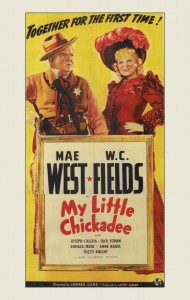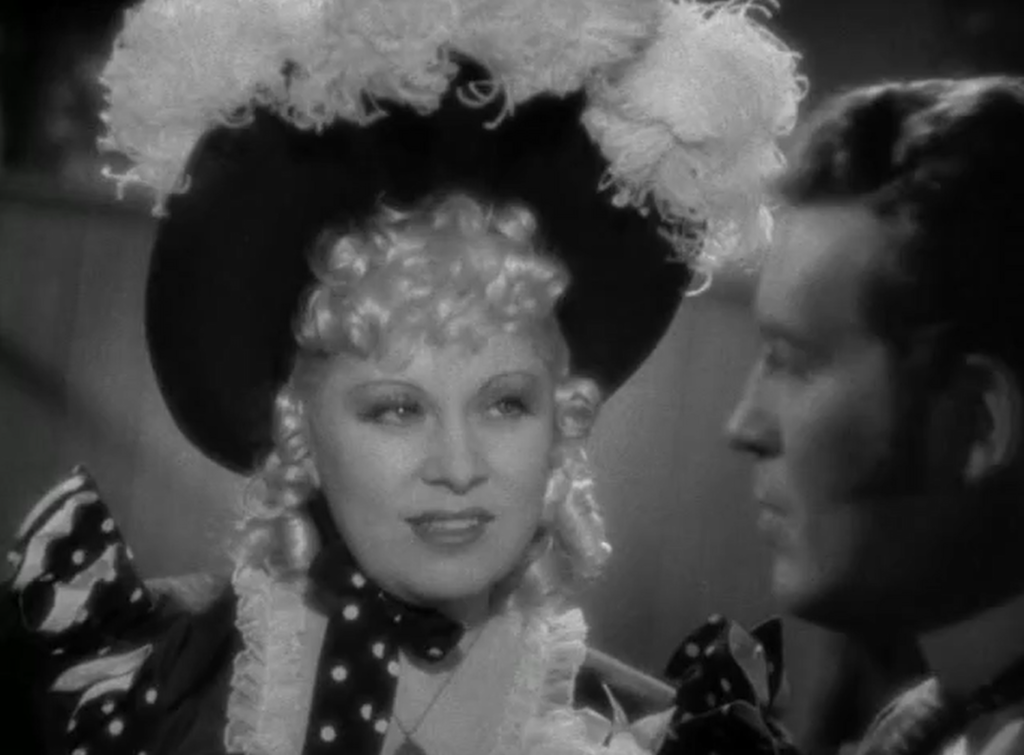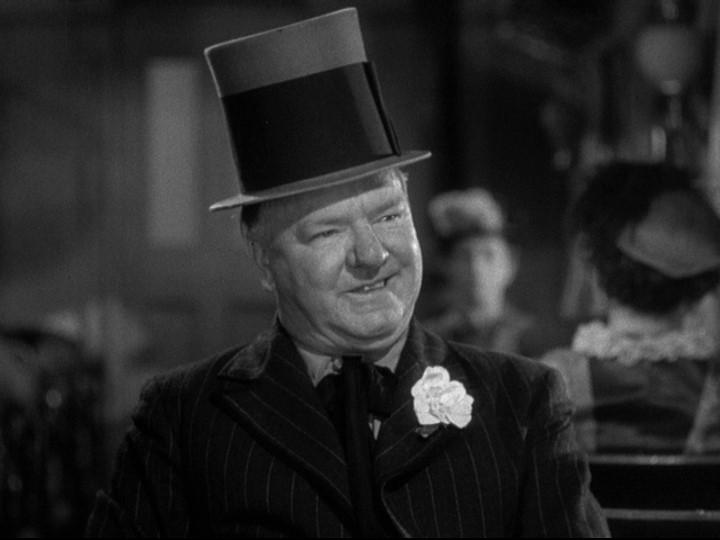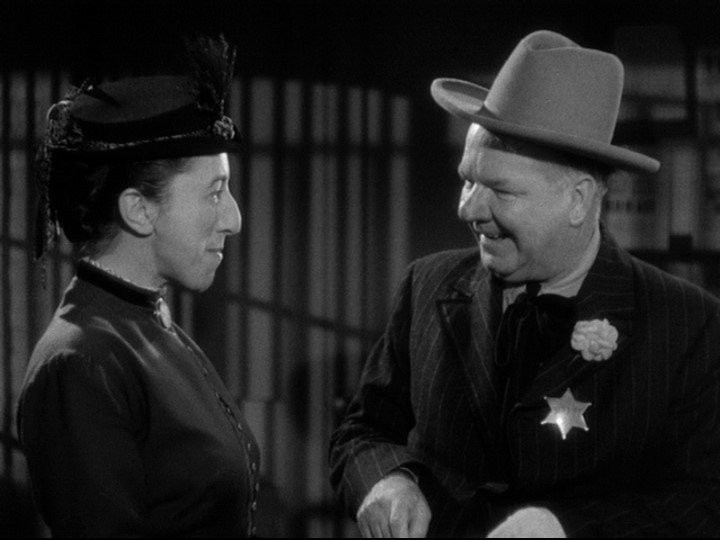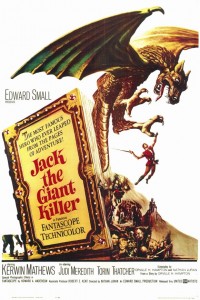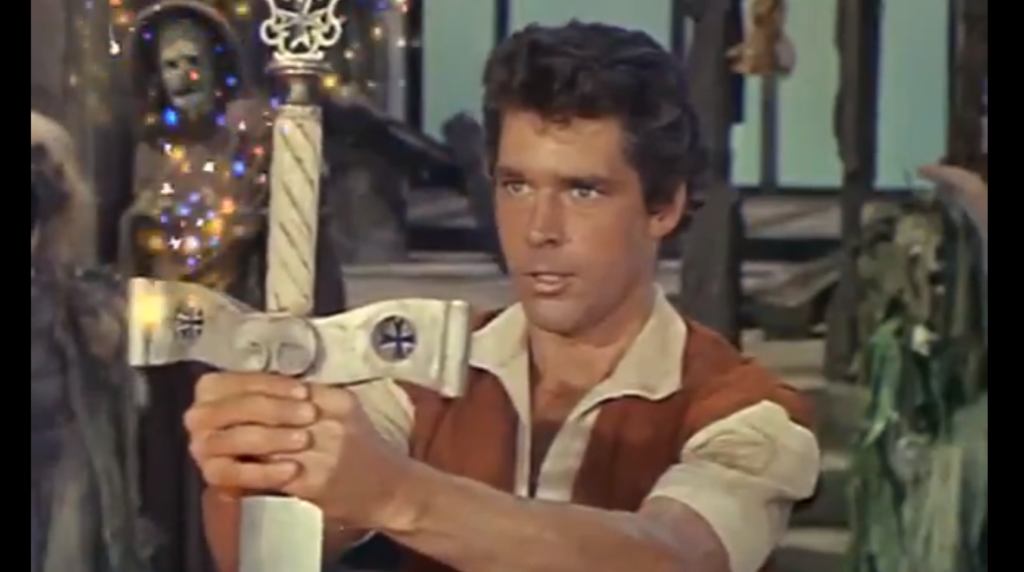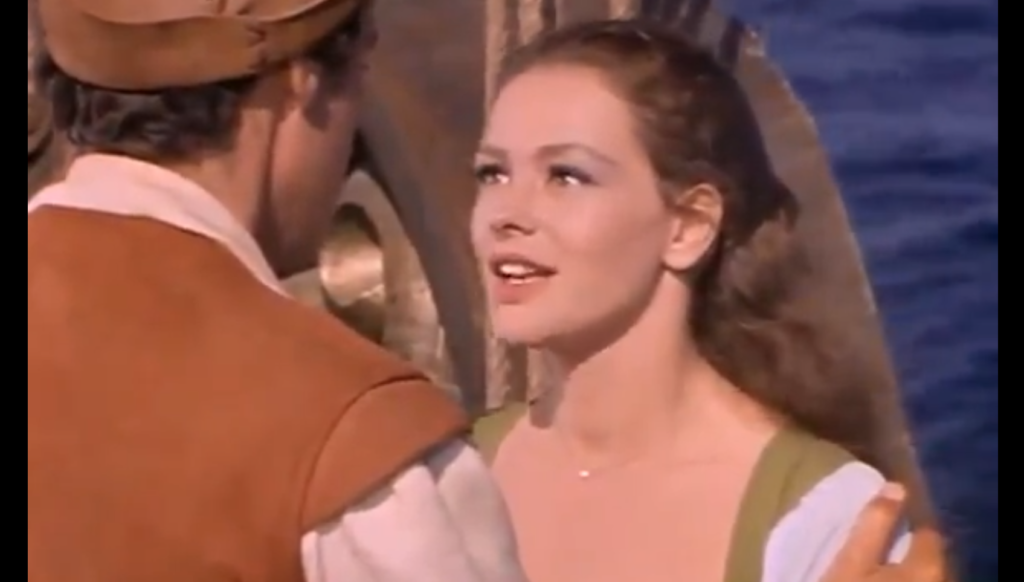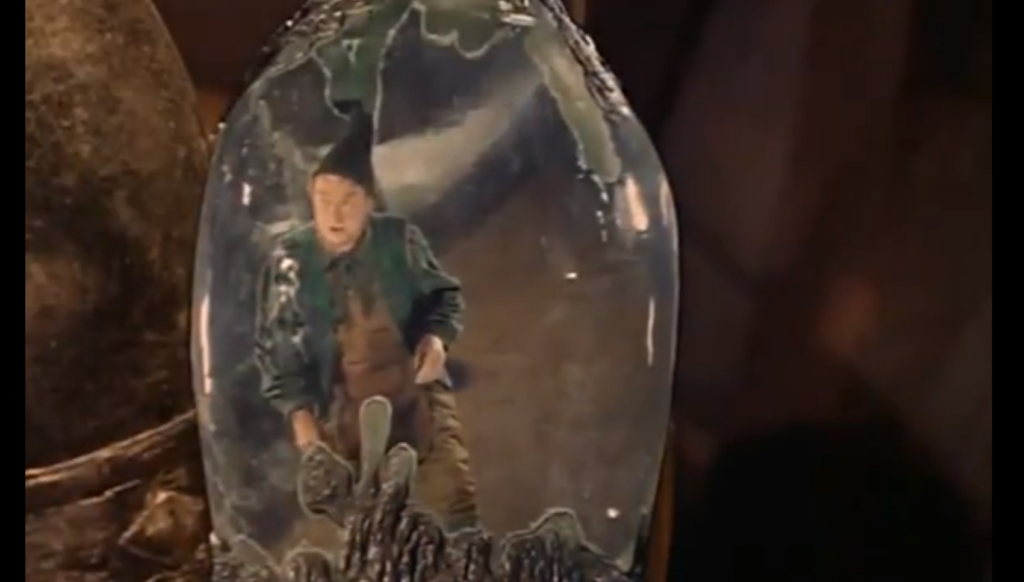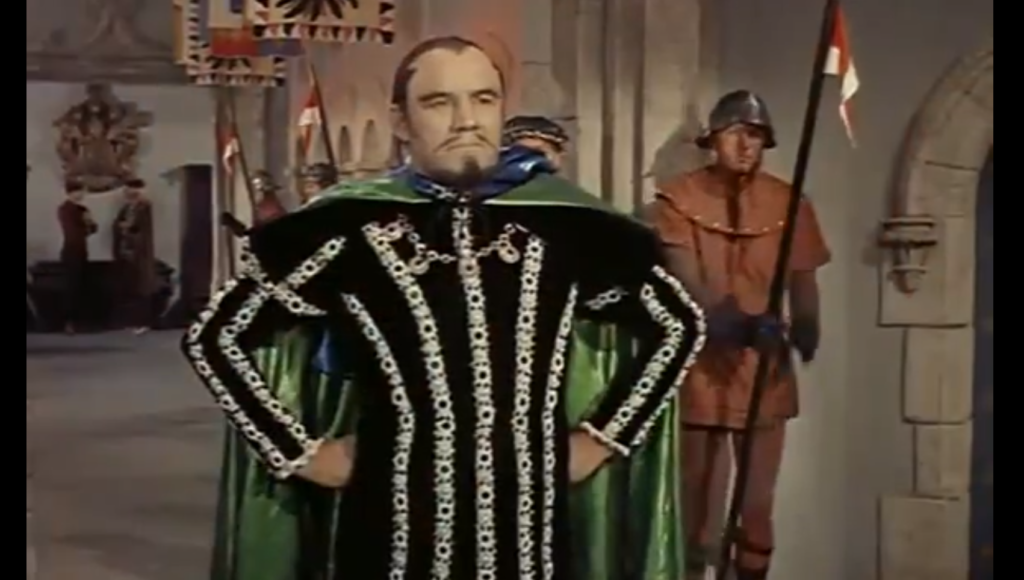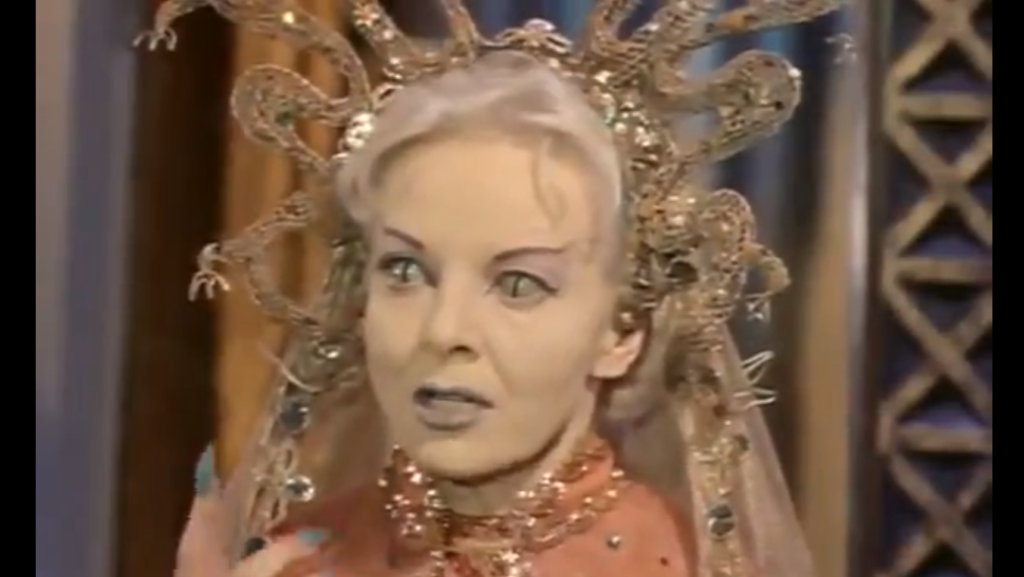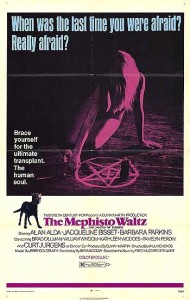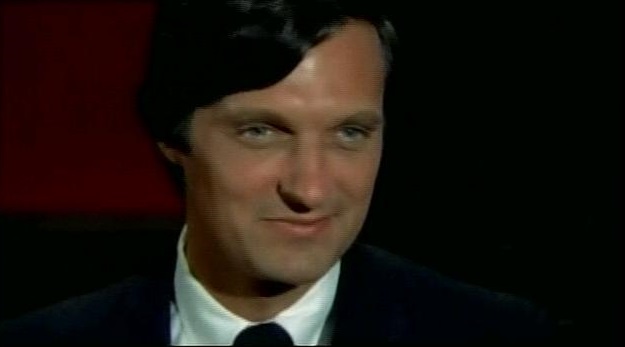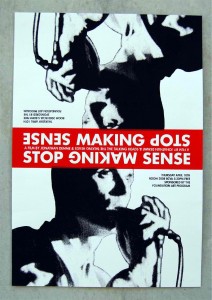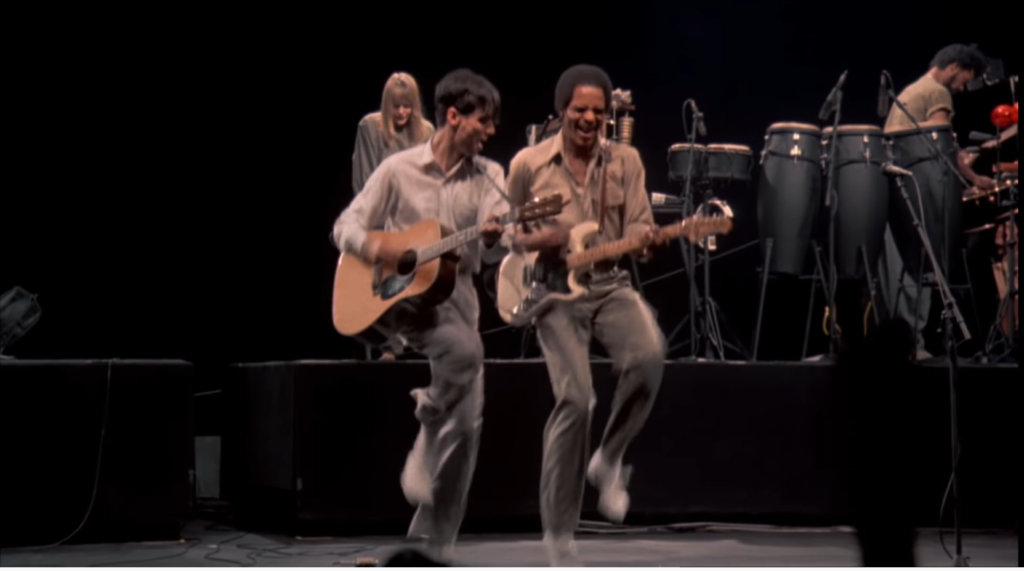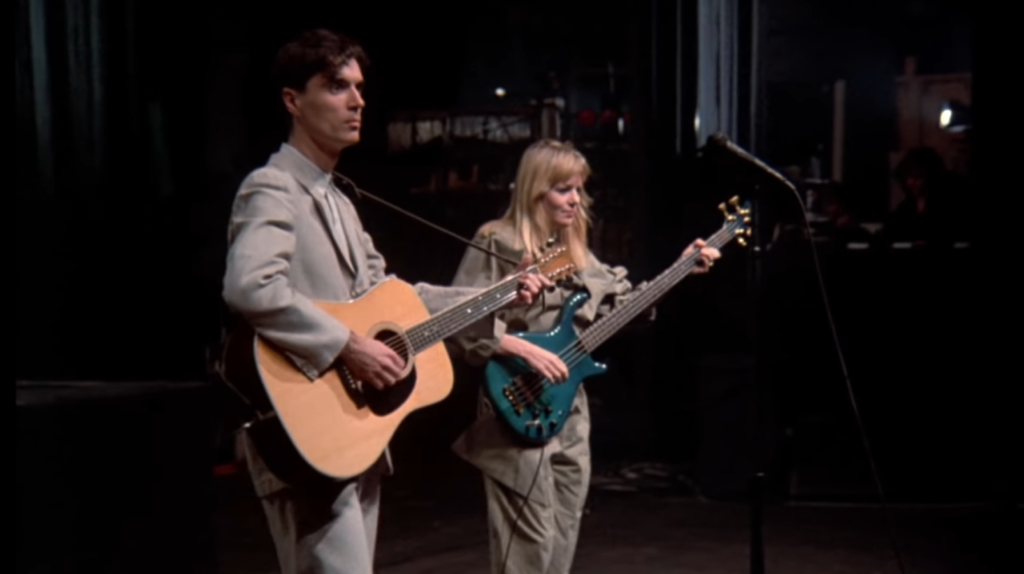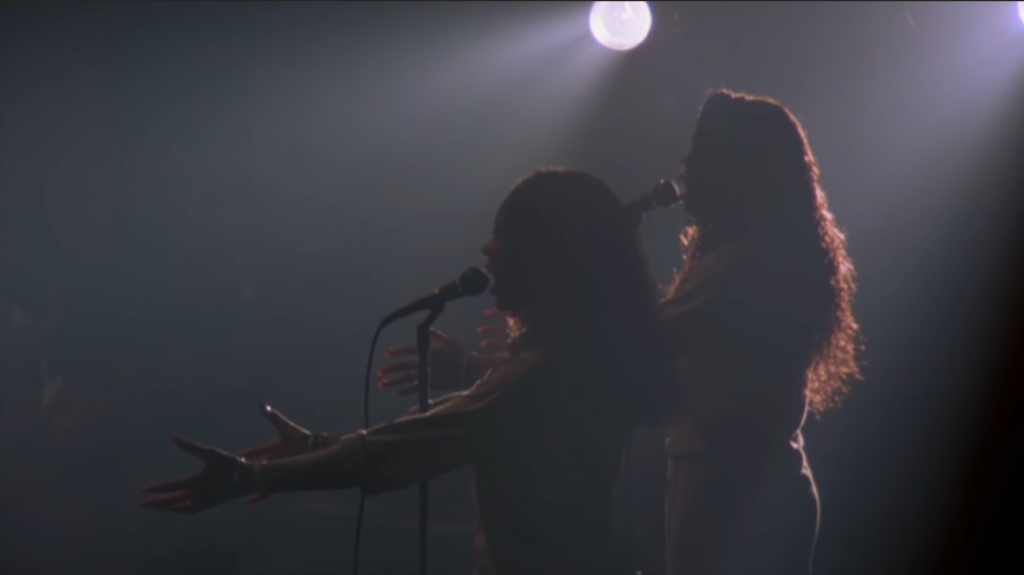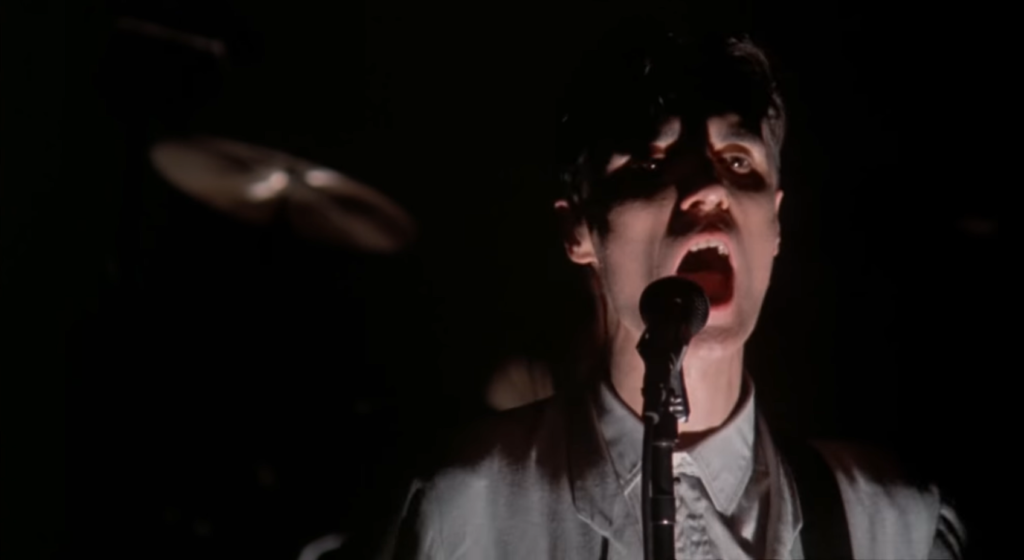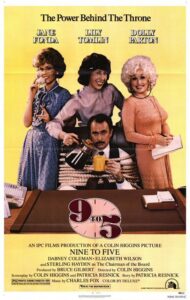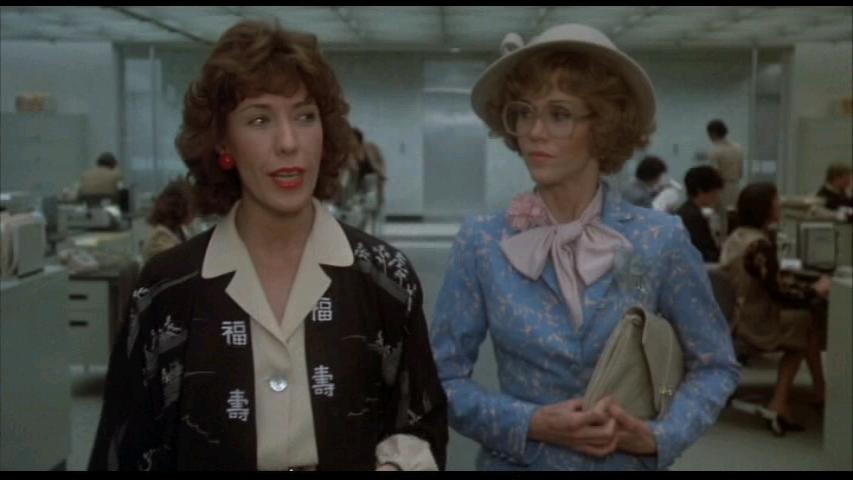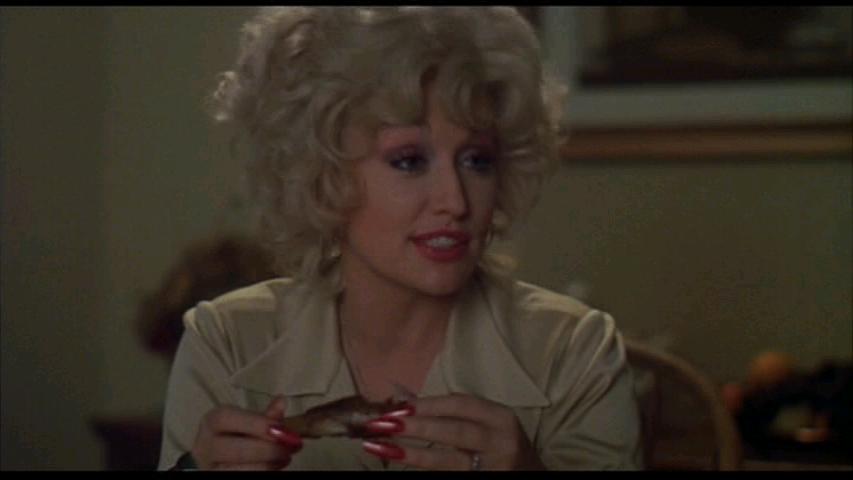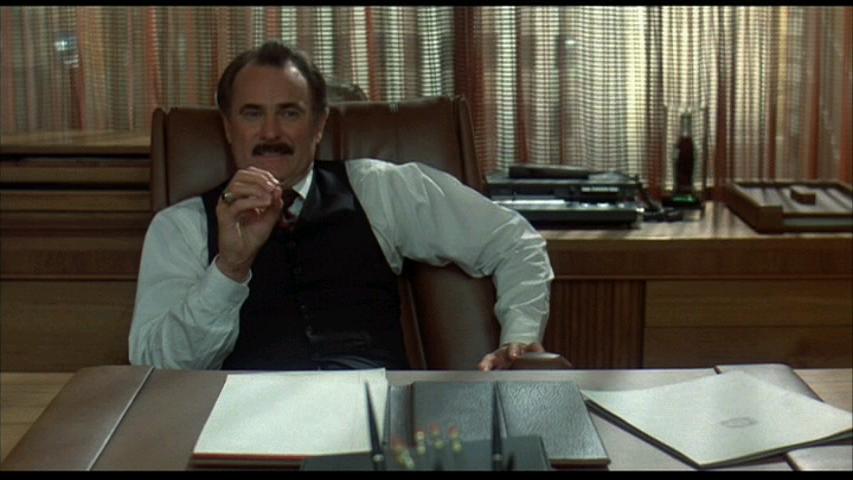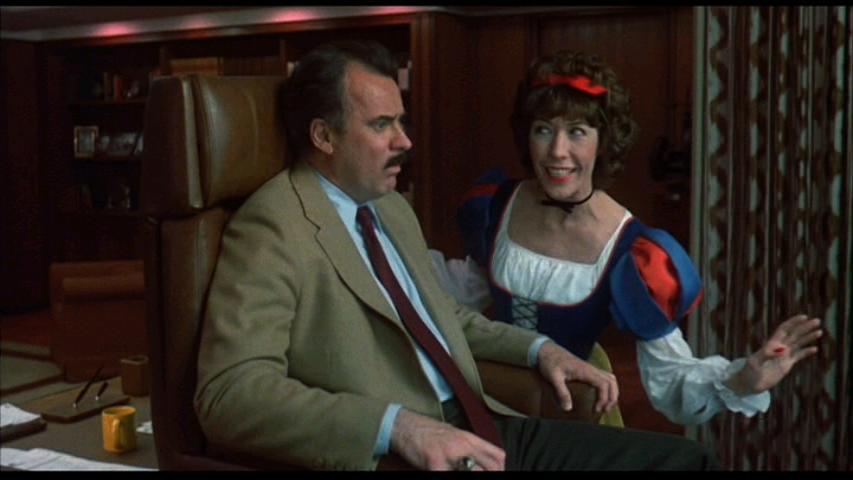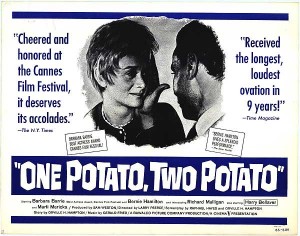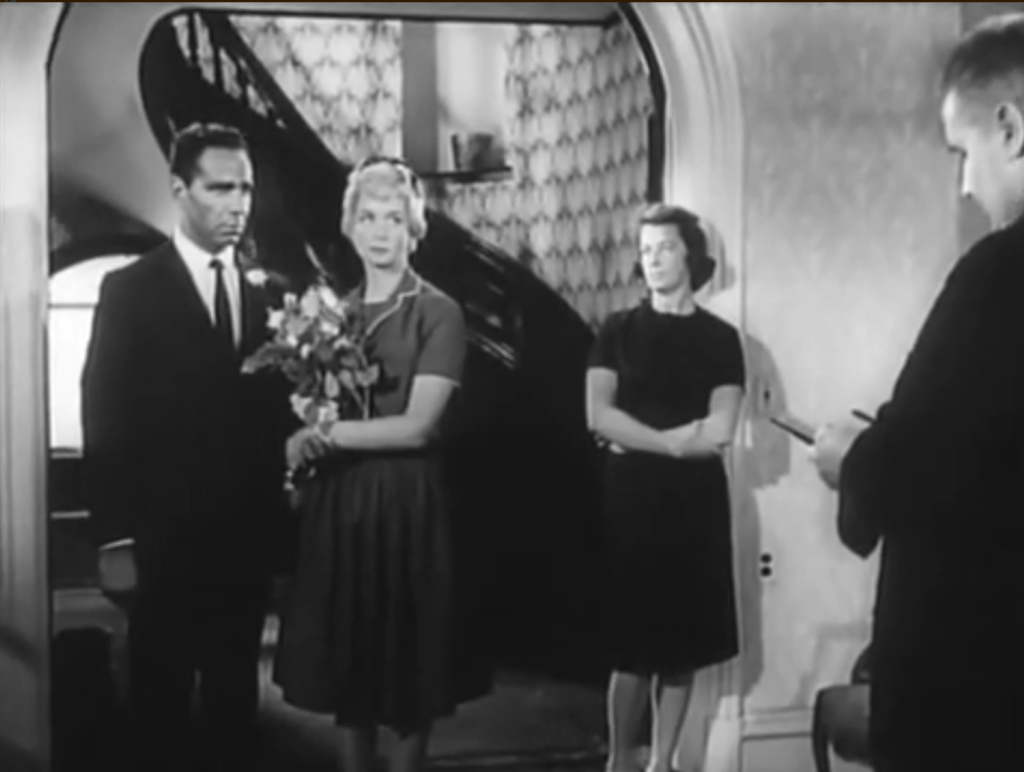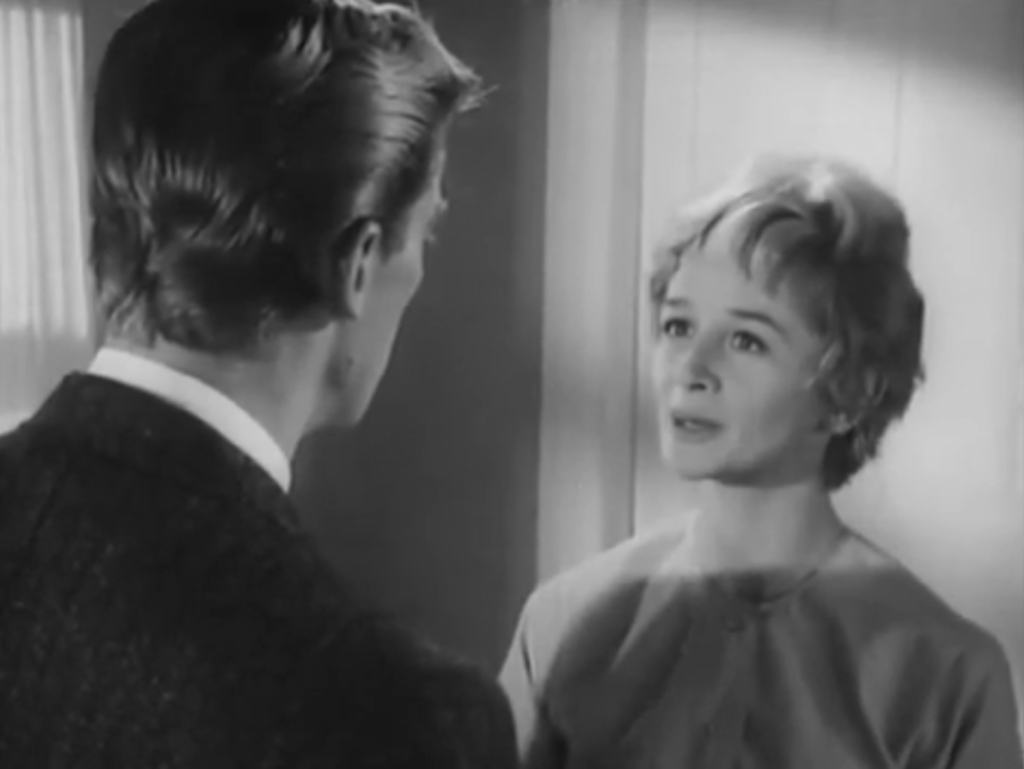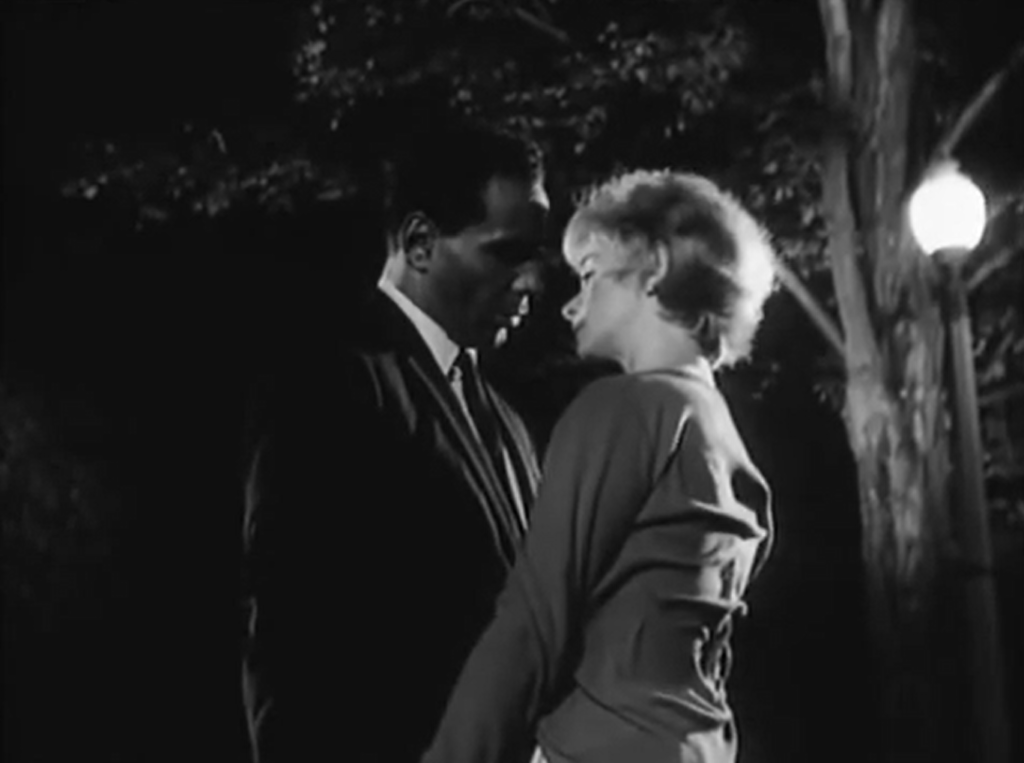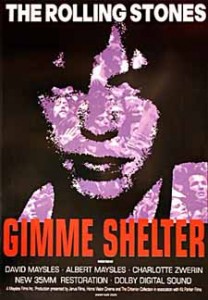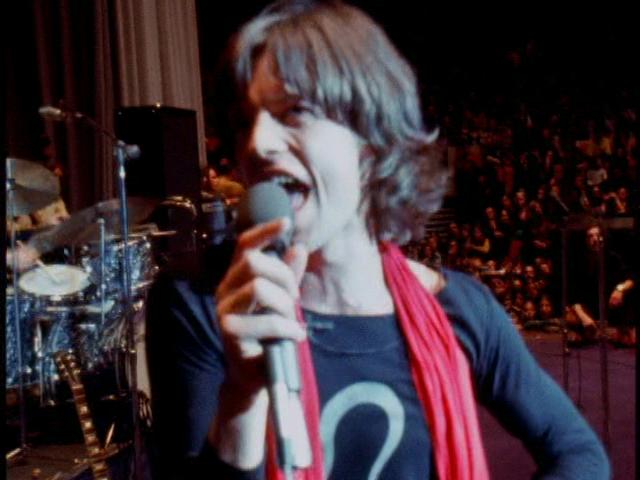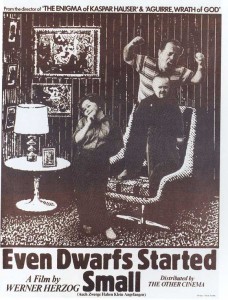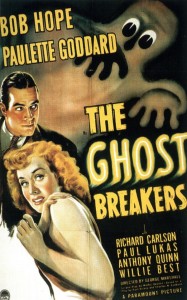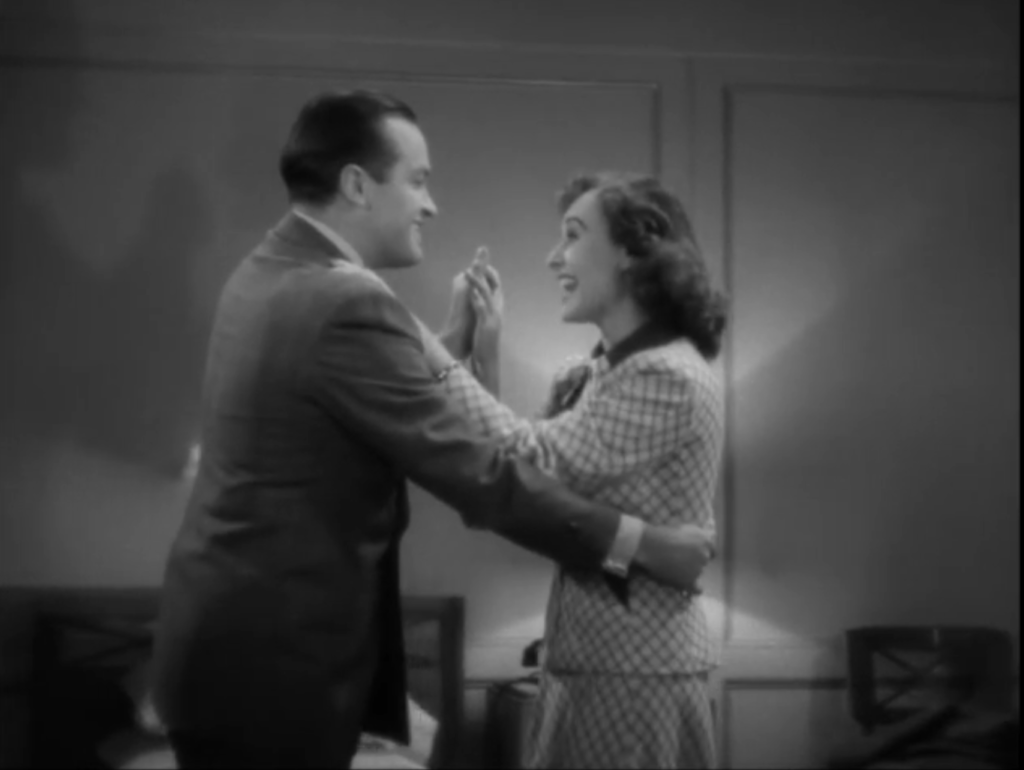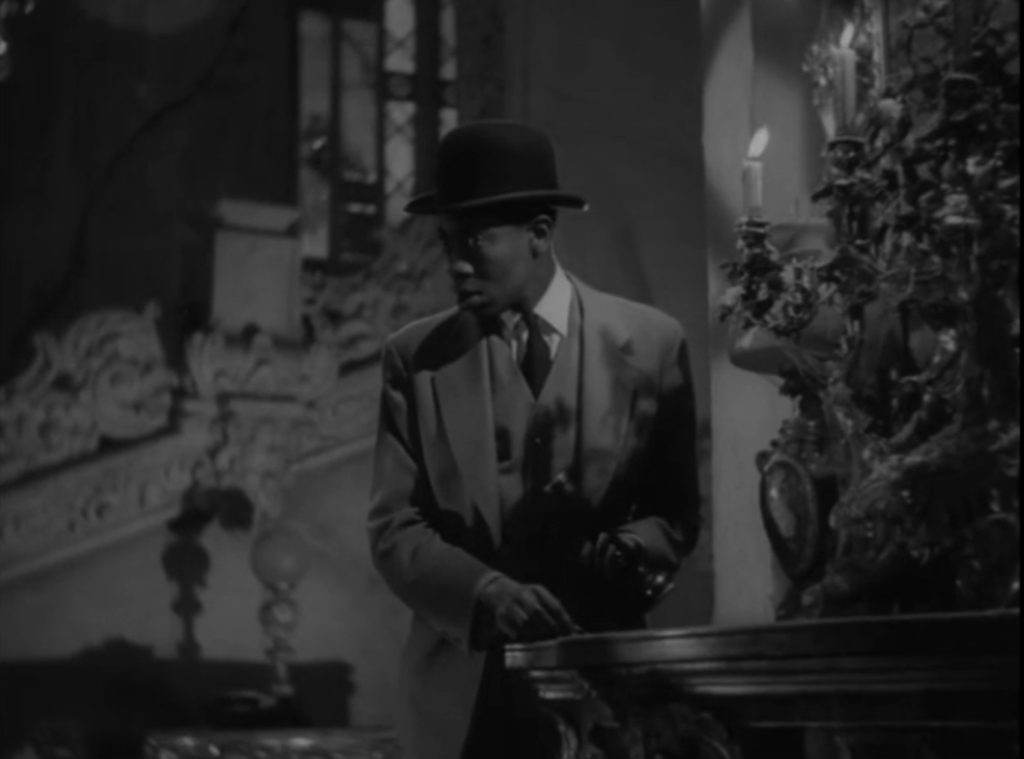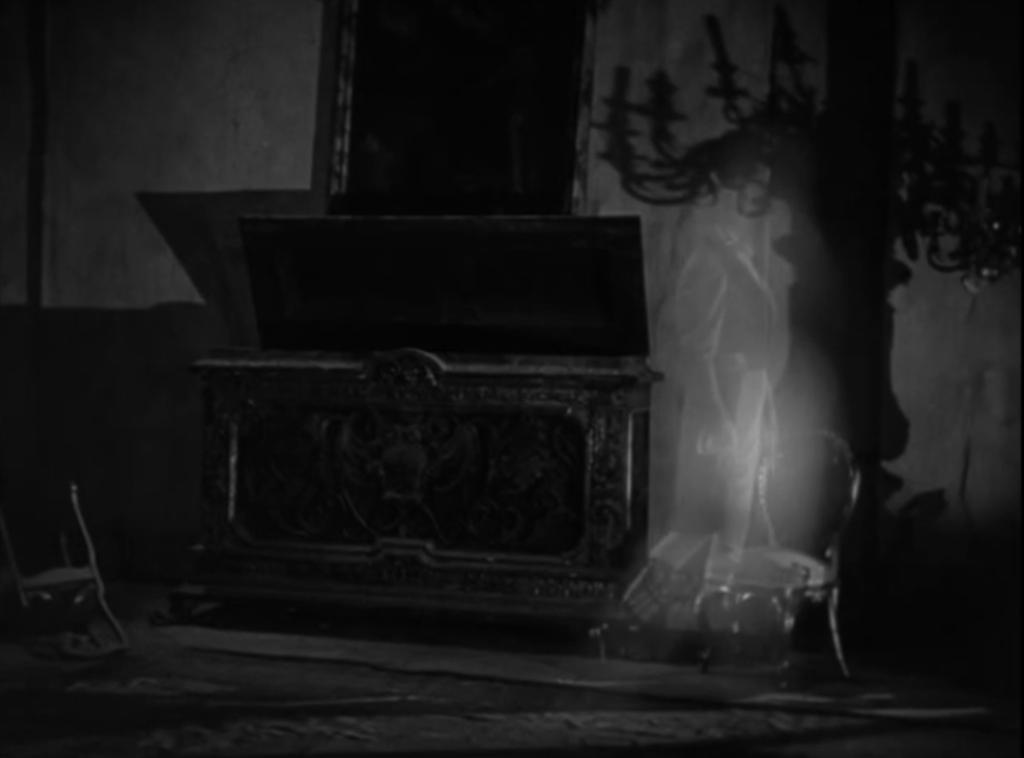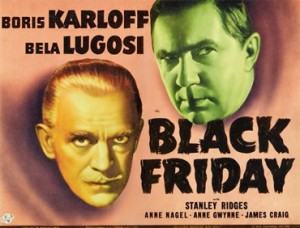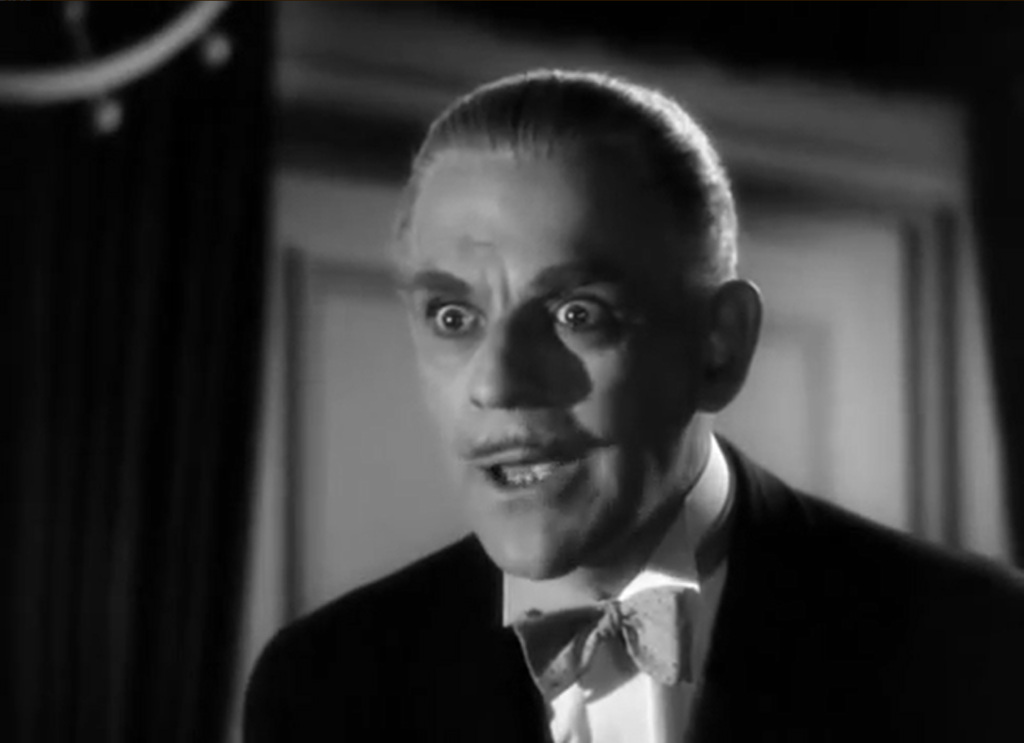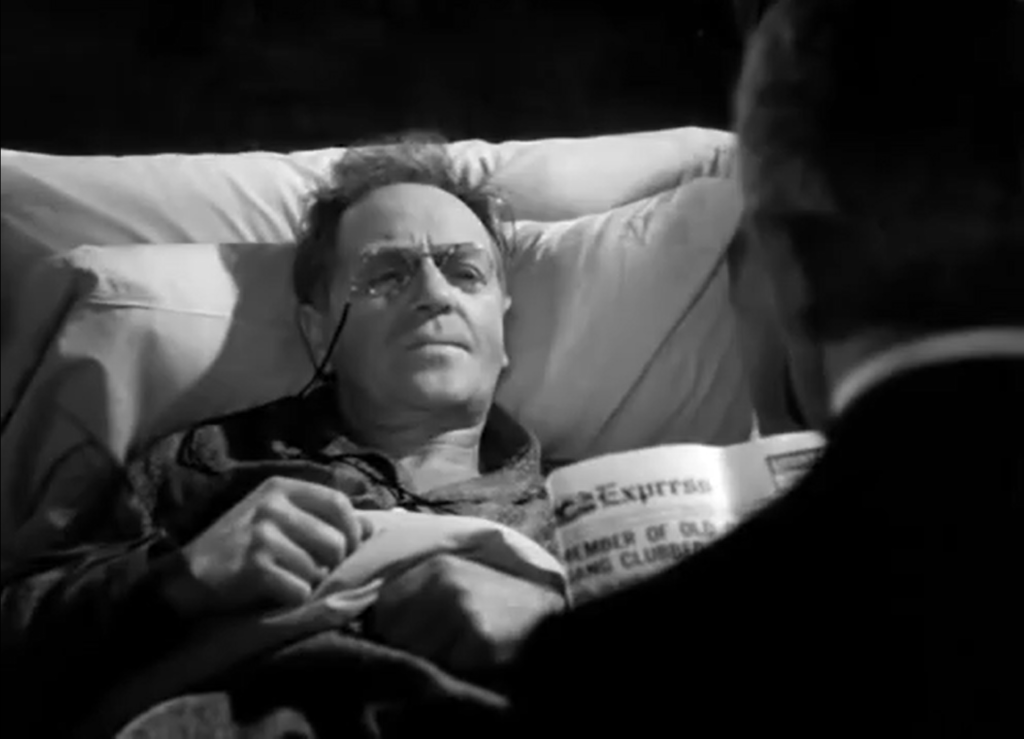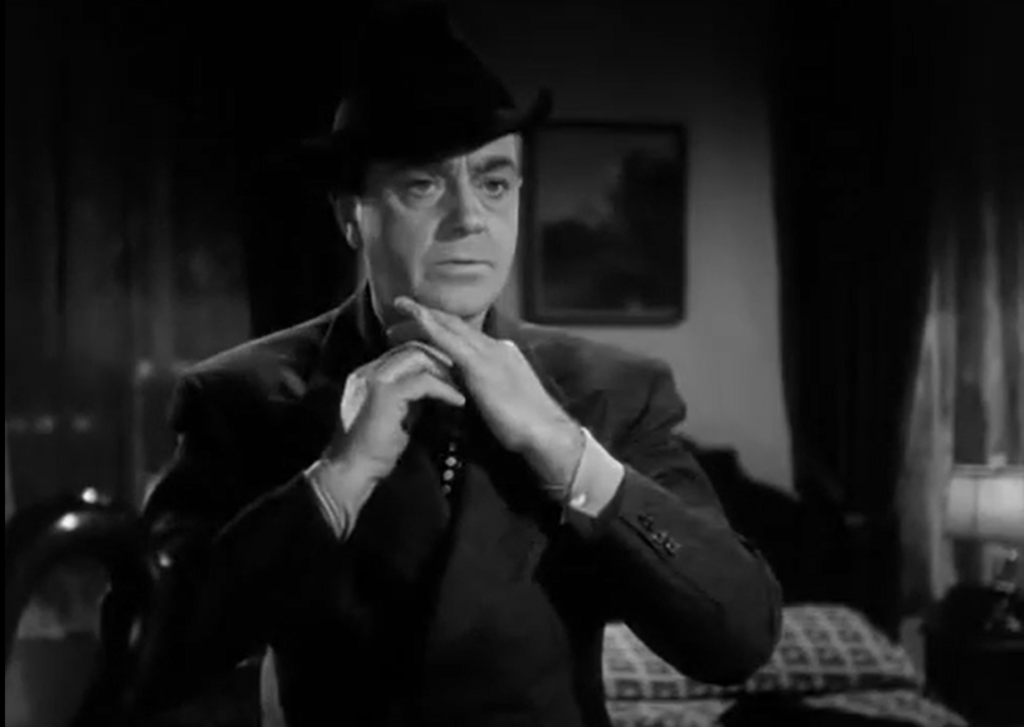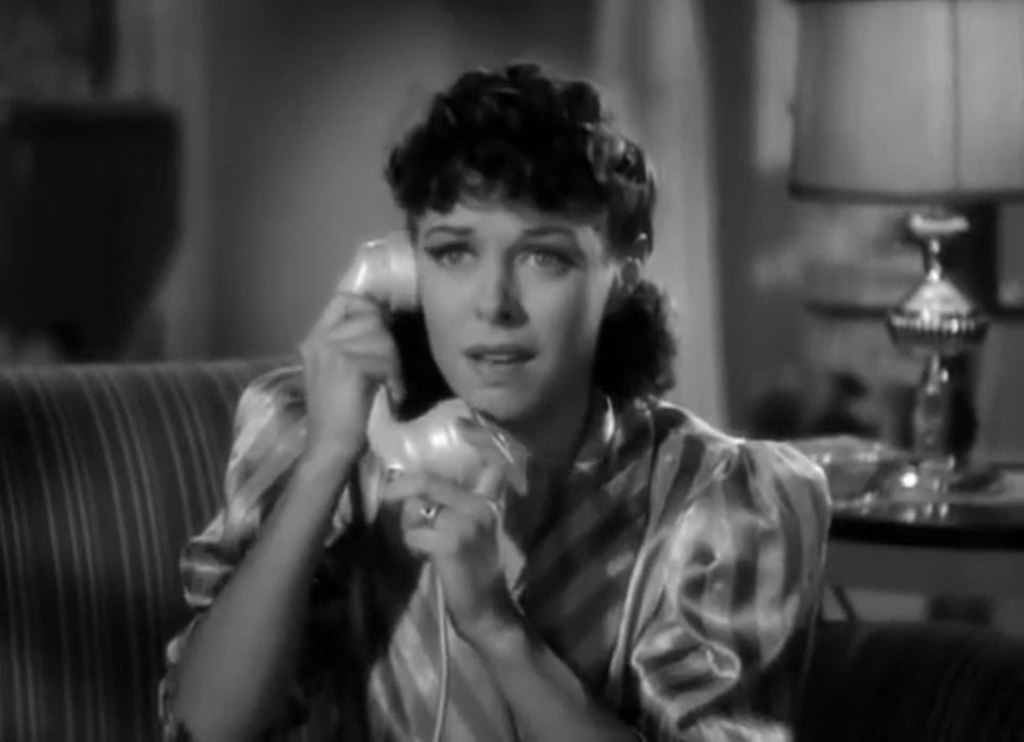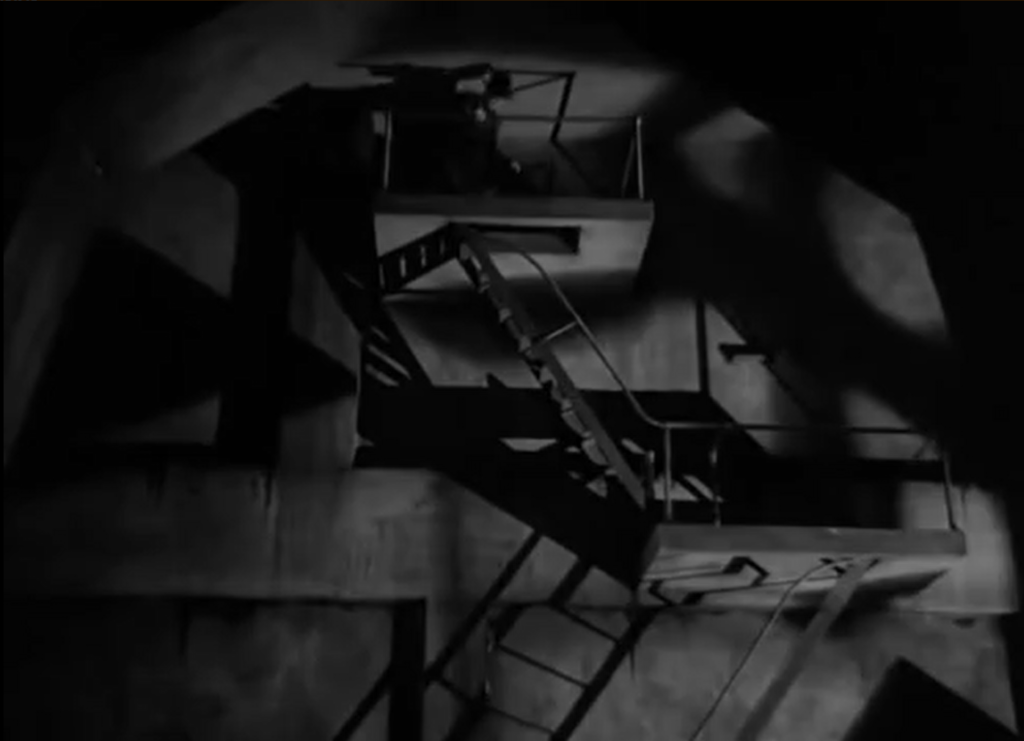|
Genres, Themes, Actors, and Directors:
- Dwarfs and Little People
- German Films
- Living Nightmare
- Rebellion
- Werner Herzog Films
Review:
More a surreal nightmare than a cohesive narrative, Werner Herzog’s Even Dwarfs Started Small tells the cryptic “story” of a group of German dwarfs who devolve into gleeful chaos once they escape from the clutches of their caretaker (Hermine). It’s never made clear exactly what kind of institution they’re rebelling against — some viewers call it a prison, others an insane asylum, still others a school — but Herzog’s point seems to be that it doesn’t quite matter. On a metaphorical level, the dwarfs represent all humans who are living in a meaningless world which is literally beyond their grasp, and who, once given the chance to do things their own way, are ultimately incapable of anything other than destructive and harmful actions.
Although the imagery in Dwarfs is consistently bizarre and surreal, Herzog tends to indulge certain scenes — such as the car going round and round on a dirt circle — until they run far longer than necessary; eventually, they become repetitive rather than novel. In addition, the footage of animals being harmed (yet another metaphorical layer) are — while ostensibly “authentic” rather than contrived for the film — too disturbing for comfort. Finally, though I admire Herzog’s boldly unique vision, I would prefer for his script to be at least a bit more comprehensible; there’s potential here for even sharper satire.
Note: It’s been suggested that a more appropriate translation of Herzog’s original title would be Even Dwarfs Had to Start Somewhere, which makes more sense within the film’s context of rebellion.
Redeeming Qualities and Moments:
- Surreal use of an all-dwarf cast
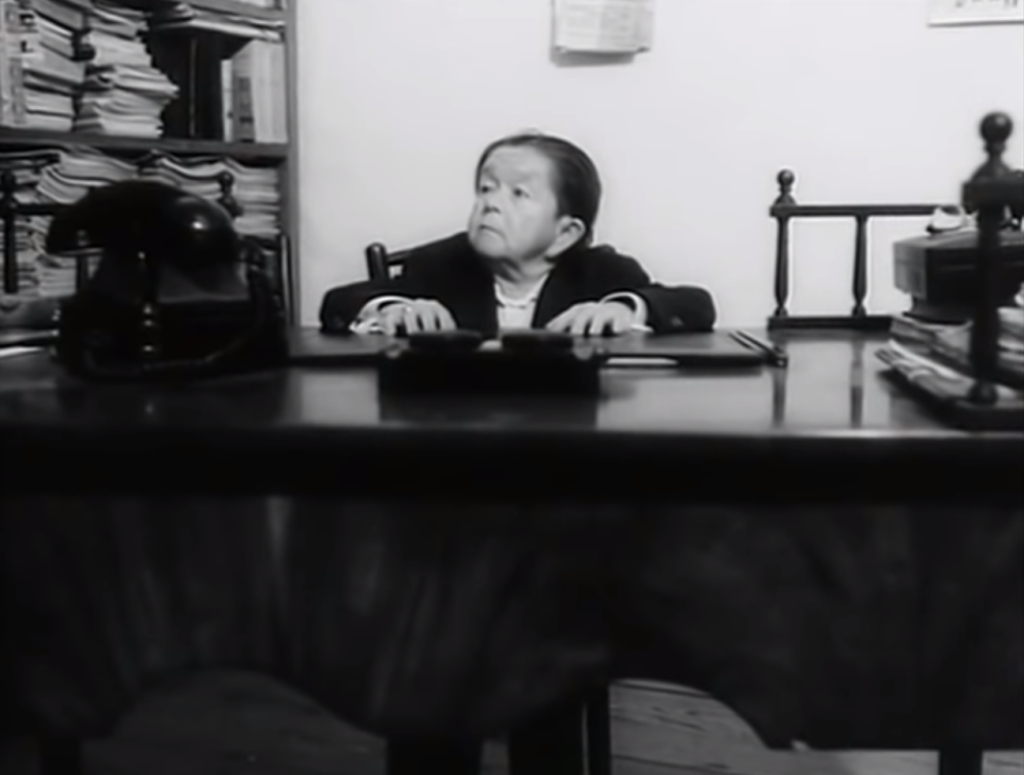
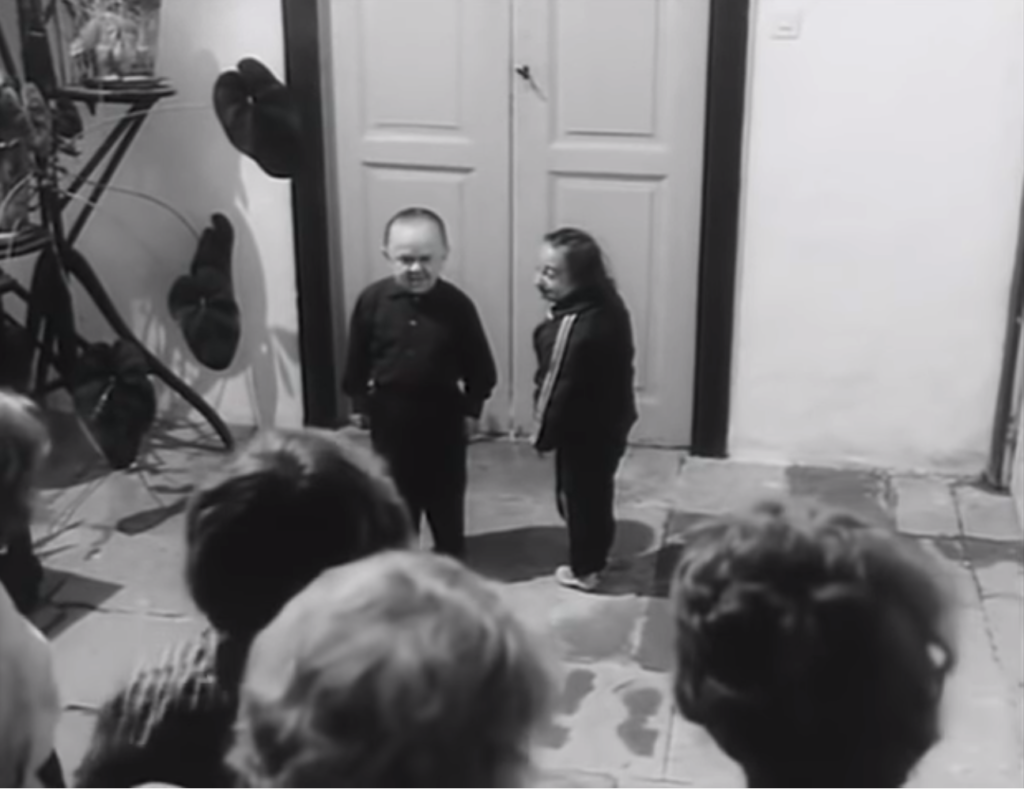
- Many genuinely disturbing images
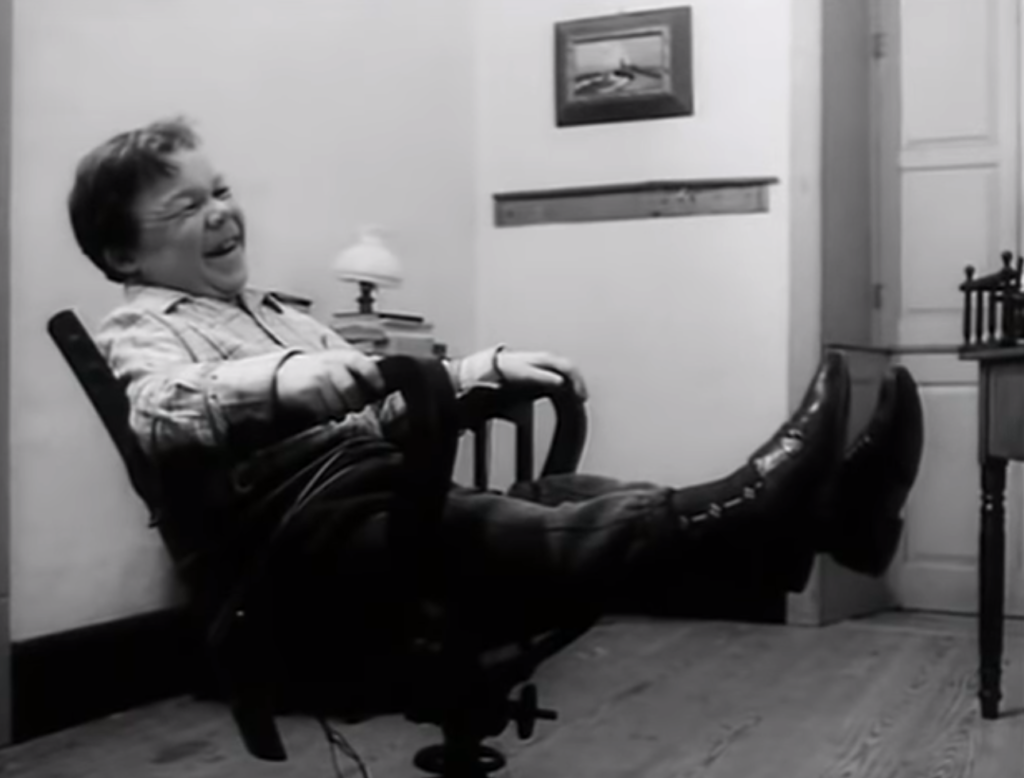
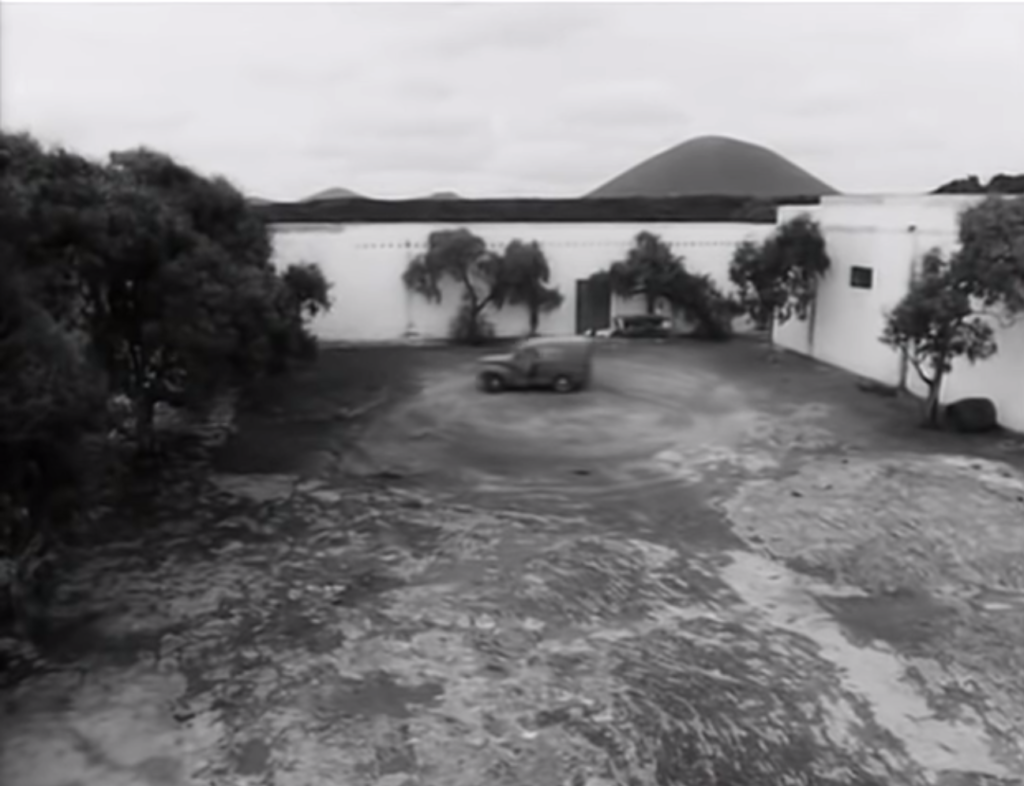
- Helmut Doring as Hombre, whose cackling laugh permeates the film
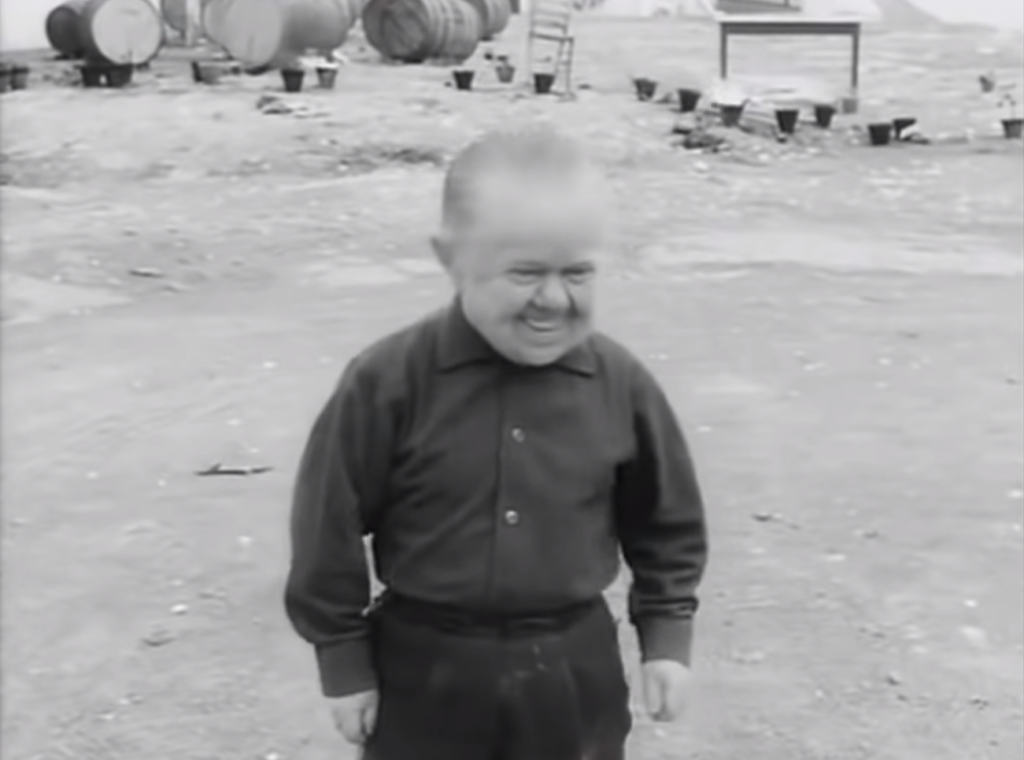
- The haunting tribal soundtrack
Must See?
No, though it’s worth a look as a one-of-a-kind cult favorite. Listed as a movie with Historical Importance and a Personal Recommendation in the back of Peary’s book.
Links:
|
